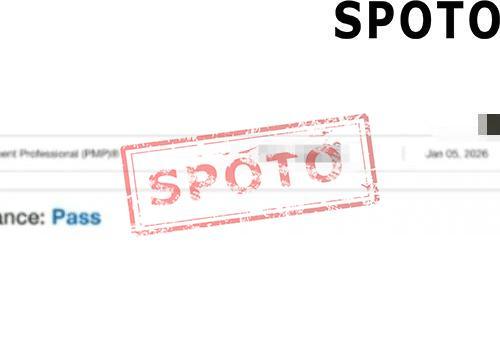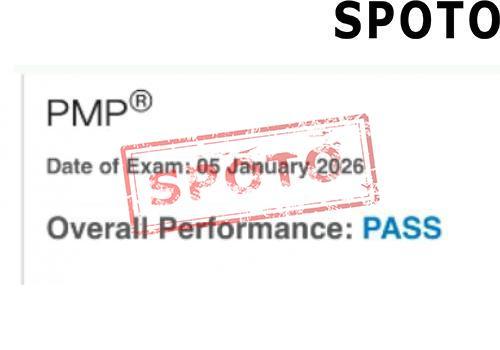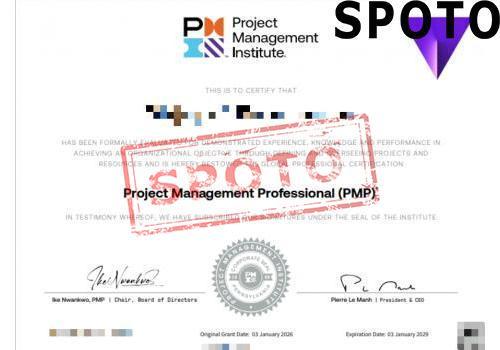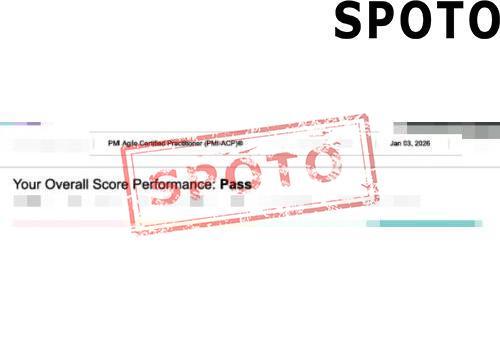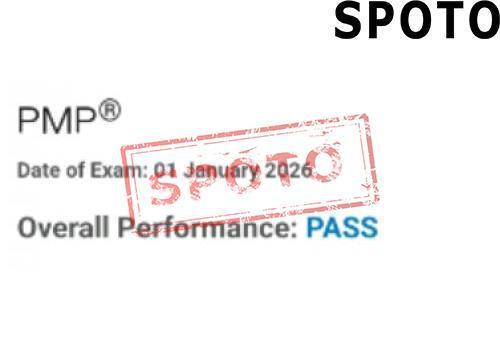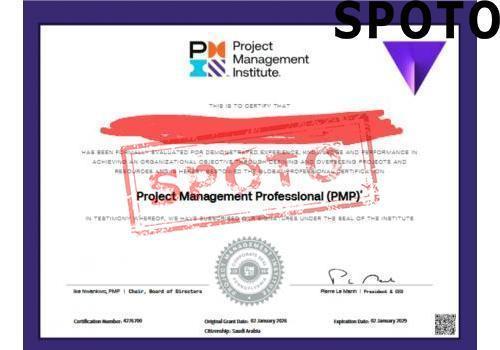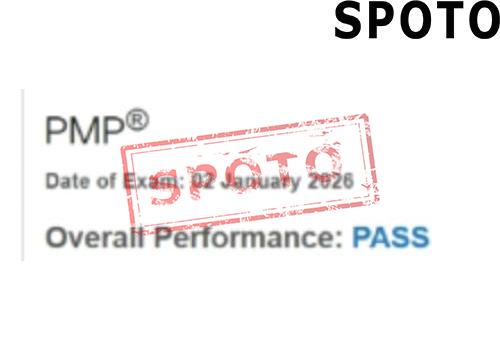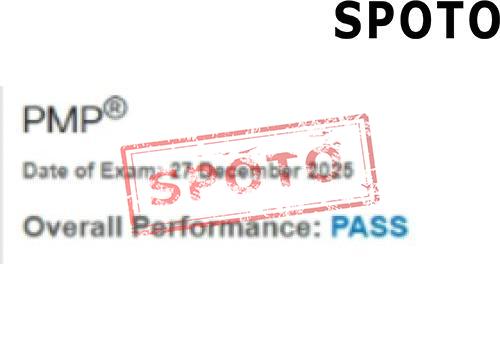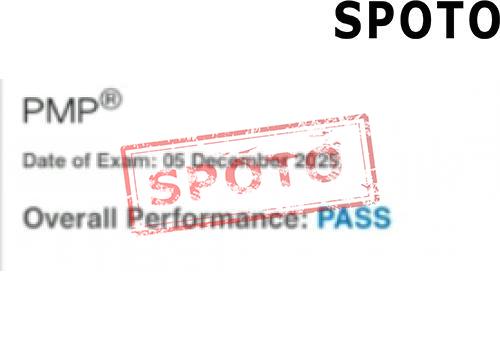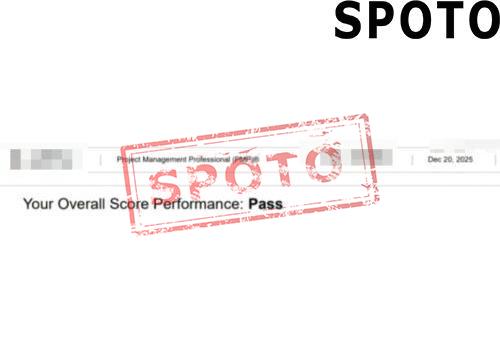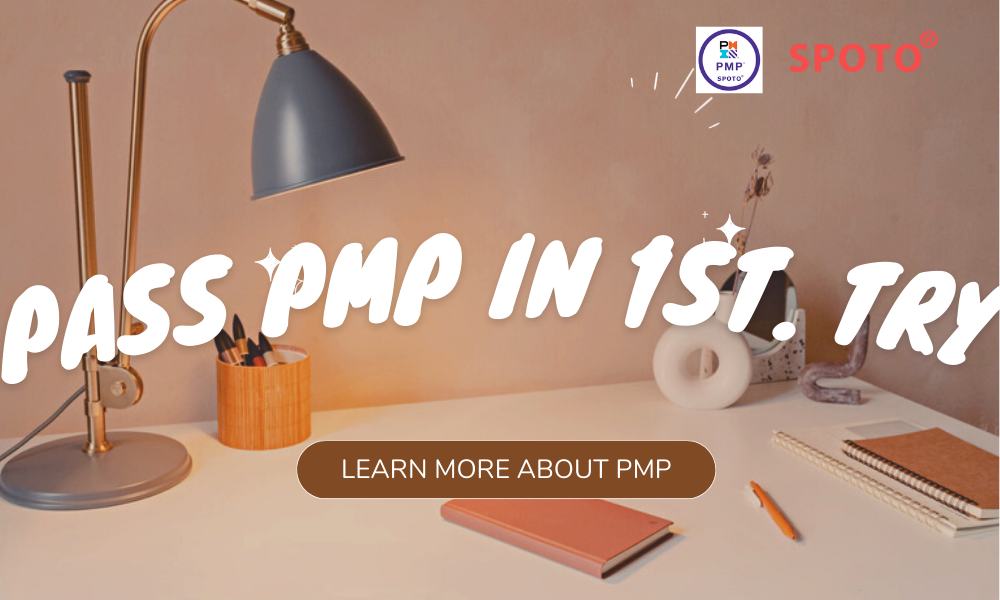
Table of Contents
Many aspiring professionals dream of earning the Project Management Professional (PMP®) certification to advance their careers. However, a common question is: "Can I get PMP certified without project management experience?"
The short answer: Yes, you can work toward it even if you don't yet meet the experience requirements. While PMI requires a specific amount of project management experience to sit for the PMP exam, there are proven ways to gain this experience—even without a formal project manager title.
This guide will walk you through the PMP eligibility requirements, strategies to accumulate qualifying experience, and alternatives like the CAPM® certification to help you start your project management journey.
PMP Certification Requirements (Updated for 2026)
The Project Management Institute (PMI) requires a combination of education, professional experience, and formal project management training to be eligible for the PMP exam.
| Educational Background | Experience Requirement | Training Requirement |
|---|---|---|
| Bachelor’s degree or equivalent | 36 months leading projects | 35 hours of PM education OR active CAPM® certification |
| High school diploma or associate degree | 60 months leading projects | 35 hours of PM education OR active CAPM® certification |
✅ Important Update (2025): PMI now counts months of experience, not hours. Overlapping time on multiple projects only counts once.
Also, if you hold the Certified Associate in Project Management (CAPM®), the 35 contact hour education requirement is automatically waived.
Can You Get PMP® Without Project Management Experience?
While you cannot take the PMP exam without meeting the minimum experience requirements, there are ways to accumulate eligible experience even without holding a formal project manager job title.
PMI defines “project management experience” as leading or directing parts of a project, not necessarily managing the entire project. So, if you’ve taken ownership of project elements in your job—such as schedules, budgets, or deliverables—that can qualify.
5 Ways to Gain Project Management Experience
Here’s how you can start building your experience and qualify for the PMP:
1. Start with a Bachelor’s Degree (If Possible)
A four-year degree reduces the required project experience from 60 months to 36 months. This educational investment shortens your path significantly.
2. Apply for Internships or Volunteer Roles
Many professionals start by volunteering or interning on projects in their current field. Focus on roles that allow you to lead a task, coordinate teams, or manage deliverables.
📌 Pro Tip: Keep a detailed log of your responsibilities, project scope, and outcomes.
3. Work in Entry-Level or Cross-Functional Roles
You don't need a "Project Manager" title to lead projects. Many entry-level team leads, coordinators, or department assistants engage in project work. As long as you are leading and directing project tasks, it can count.
4. Earn Your CAPM® Certification First
If you lack experience, the CAPM® (Certified Associate in Project Management) is a great first step. It requires no project management experience and demonstrates your knowledge of PMI’s framework.
CAPM also fulfills the PMP’s 35-hour education requirement if you later pursue PMP certification.
5. Enroll in PMI-Authorized Training Programs
Before applying for the PMP exam, you must complete 35 hours of formal project management education—unless you already have a CAPM certification. PMI-authorized providers offer both online and in-person courses.
How to Document Your Experience for the PMP Application
Once you meet the requirements, you’ll submit an online PMP application through PMI’s website. Here are key tips:
-
List projects individually with start and end dates.
-
Summarize your role in leading and directing project work.
-
Break experience into PMI’s five process groups: Initiating, Planning, Executing, Monitoring & Controlling, and Closing.
-
Be prepared to verify your experience with contact information for supervisors or colleagues.
🚨 PMI randomly audits applications. Make sure your listed projects are legitimate and verifiable.
What to Do If You’re Not Yet Eligible
If you don’t yet meet the eligibility criteria for the PMP, here’s your action plan:
-
Take a CAPM course and pass the exam.
-
Pursue internships or junior project roles to start gaining experience.
-
Track your project work carefully using PMI’s definitions.
-
Connect with mentors or professional associations (e.g. PMI chapters) for guidance and networking.
